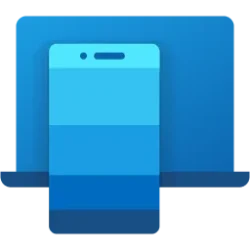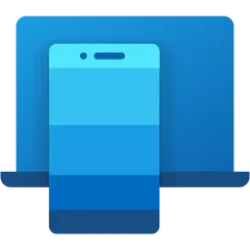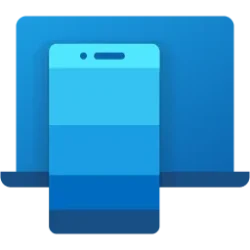Hello. I ran Bitlocker on a boot partition, everything went fine, I recorded the recovery key. When restarting my PC the Windows bootloader went into recovery mode requesting the backup key. I entered it but received a message saying that I had used the wrong key. I've tried every method to decrypt that I am aware of (even command line) but each time I am told I am using the wrong key. In one instance it appeared to accept the key but then immediately went on the a BSOD stating that the drive was unbootable.
Thanks.
When you did the bitlocker encryption, didn't it ask you to save your recovery key somewhere? You said you recorded the recovery key, was that something that you wrote down?
If you can get your file copy of the key opened somewhere, i'd look for things like the letter o and the number 0. Or the letter l and the number 1. Usually when I am unsure, I take it notepad, blow up the font really big, and then paste it in, and type it again directly underneath to ensure that you have the write characters.
Hi folks
why would you ever want to use any sort of encryption on a HOME (not corporate) domestic computer -- Cloud storage is really cheap and reliable (these days also at least from providers like Ms and Google - even without offic/365 at like € 1.75 a month for several GB) - with resiliency and almost military strength security, plus local offline storage is cheap enough too -- even 2TB of external NVME SSD can be had for around € 80 and "classic spinners and 2.5 inch older type ssd's for really cheap prices. Just store all really private stuff off he computer and with things like email IMAP etc keeps all email off the local drives anyway.
I think the only use for bitlocker is to stop HOME users on corporate machines copying files which might have sensitive stuff on them from writing to a USB and taking the data home -- otherwise can ANYBODY here please tell me what the point of it is on domestic computers.
Cheers
jimbo
Bitlocker doesn't stop a corporate employee from copying a file from a bitlocker drive to a USB key when the drive is booted up and unlocked. Once you are logged in and the drive is unlocked, the file itself is not in an encrypted state. You can copy it to any drive, any storage device, any cloud provider and it's 100% unencrypted. In fact, if a person steals your computer, and is able to guess your password, the data is all unencrypted and available. What Bitlocker does provide is that if your computer or drive is stolen, you cannot easily put it into another computer and simply pull the data off it, you would need to know the decryption key to unlock the computer.
I personally don't use Bitlocker at home. I've considered it, but always felt the potential cons outweighed the benefits. However, I can completely understand why somebody else might have more concerns about their data and want their drives encrypted. Especially if it's a laptop that they tote around with them that they could accidentally leave behind that gets stolen.
The downside of Windows is that it is made for the masses, has a lot of things available but no control over what those masses choose what and how to use. Could also be part of the reason there's a hundred or more versions of the mostly-free Linux, gives more choices.
www.distrowatch.org
The reason for the tons of Linux distros is that it's completely customizable, and you can easily put together your own distro to meet your own individual needs. Nobody in the free software world wants to be locked down to a specific way to do things. And people also cannot universally agree on what is the best way to do things. Hence, the zillions of options we have.
Unfortunately, it does make the Linux ecosystem way more daunting for the average joe to jump into. I've worked professionally with Linux since around 1998, and have various certs and such in Linux. I find it fantastic (at work), but for my home use, generally speaking....I'm completely fine with Windows and Mac OS. It's not that I couldn't use Linux at home, it's just that I have chosen to not do so.






